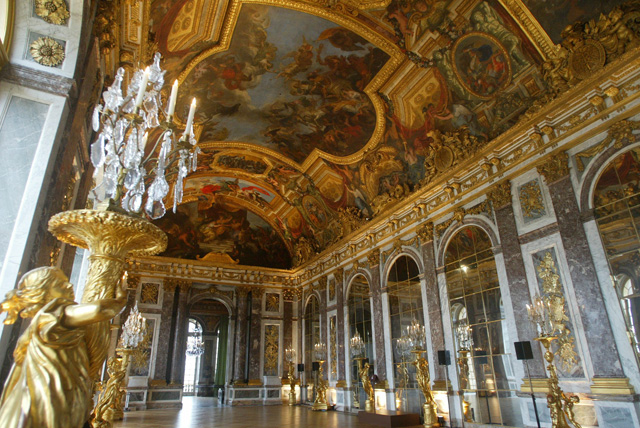 |
| Via Amix |
I discovered the concept and starting nurturing interest in minimalism when I was living in Japan.
First because I discovered the art of simplicity there, and second because I ended up packing an insane amount of useless objects when I moved back to France.
In Japanese culture and art, there has always been an admiration for simple beauty and epurate environments over the years. The fleeting moment, the contemplation of what is bound to disappear.
I remember seeing some "Zen" gardens with nothing but sand and one rock. I witnessed millions of Japanese running to parks when the cherry blossoms attained their most beautiful moment.
The Japanese poems "Haiku" contain no more than 17 syllables and describe an utterly ordinary and fleeting moment. The flower arrangements are about subliming the beauty of one single flower.
I instantly felt fascinated by this so different sense of aesthetics. In Europe, and especially in France, the art is very rich in colours and details. Beauty and elegance lie in abundance and opulence. Have you ever visited the Versailles castle built for the famous Roi Soleil?
 |
| The Galerie des Glaces in the Versailles castle. Via versaillesnews.fr |
Everything is big, detailed and golden. Simplicity, epuration has always been considered "poor" in all the meanings of the term. Even French literature, in most cases, is rich in descriptions, rhetorical figures etc.
So I was very curious to learn more about this art of simplicity inherent to the Japanese culture. I recently discovered that this concept existed in Western countries under the name "minimalism". So I started gathering information about this philosophy.
At first, it seems that minimalism, a bit like communism in a way, is an abstract concept, an idea that might be very difficult to actually apply as a whole in life. Yet I believe that a lot of their statements are very interesting to think on.
Here is what I unerstand from my first research on the subject. Minimalism is about buying less but better, fewer quantity and higher quality. It is about enjoying noble fabrics and perfect designs, both useful and beautiful.
I find this concept very appealing. I have always pursued quality over quantity in my way of purchasing. And I have always been fascinated by objects from another time. A golden watch passed down from father to son. A hand-made engraved silver mirror a woman would use all her life.
These objects feel more powerful, precious, than the hundreds of Made-in-China plastic junk we are invaded of today.
Currently rejecting the excessive consumerism and the accumulation of low quality useless objects, I am starting to nurture an increasing interest for minimalism and will keep thinking on the subject, little by little...
Thank you for the lovely comment you left on my blog. Through your comment, I was able to find your blog.
ReplyDeleteI really enjoyed reading your thoughts on minimalism. My travels to Japan definitely made me appreciate this philosophy.
Ah, the very first comment of my brand new blog! Thank you very much for this tiny joy ;)
ReplyDeleteI really liked your thoughts about beauty on your blog too. You've been traveling to Japan as well? It is astonishing how different their culture are from ours...